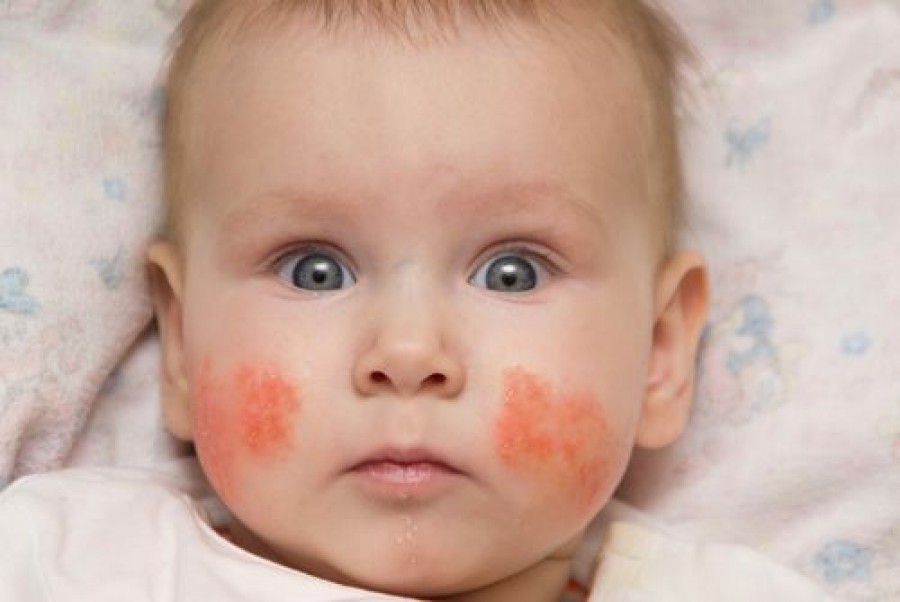Slapped Cheek Syndrome

What is Slapped Cheek Syndrome?
Slapped cheek syndrome – also known as fifth disease or erythema infectiosum–is an infection commonly found in school-aged children. While it normally affects those aged between four and ten years old, it can happen at any age, even into adulthood. This infection affects the skin of those infected.
What is the cause of slapped cheek syndrome and how does it spread?
Slapped cheek syndrome is caused by the virus parvovirus B19, which is separate to the parvovirus seen in cats and dogs. This infection is spread through direct contact with the skin, or by inhaling cough droplets from someone infected with slapped cheek syndrome.
What are the signs and symptoms of slapped cheek syndrome?
Although slapped cheek syndrome is not life threatening, it does cause a number of problems for the infected child. Following infection, symptoms typically take between four to fourteen days to appear, and they are usually so mild that patients are unaware that they’re even sick.
The initial symptoms to present themselves include fever, headache and a stomach ache. These appear while the patient is still infectious and able to spread the disease to others, usually through saliva. From days three to seven, a bright red coloured rash on the cheeks of the patient – hence the name ‘slapped cheek’. A rash might also appear on the chest, back and limbs, especially when the patient is exposed to sunlight or after exercise. This rash may come and go for several weeks.
Once the rash has appeared on the patient’s face, they are no longer contagious and won’t spread the infection onto others.
How do we diagnose slapped cheek syndrome?
The signs and symptoms of slapped cheek syndrome are quite distinctive, as the rash causes a unique pink lace pattern upon the skin. This makes it possible for doctors to diagnose a case of this condition just by looking at the patient upon arrival at the clinic.
What is the treatment of slapped cheek syndrome?
There is no treatment necessary for slapped cheek syndrome, apart from bed rest and plenty of fluids. The infection usually subsides with the passage of time. However, the doctor might prescribe medication to relieve the symptoms associated with the condition, such as Paracetamol to help with fever.



